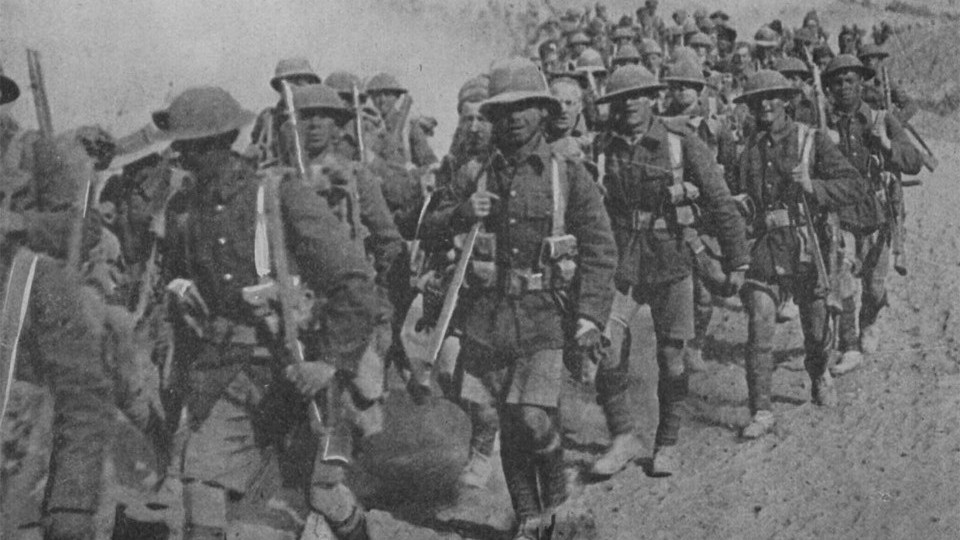Vietnam Veteran, Exposed to Agent Orange, Stands Up for Democracy
At 77 years old, Ed Johnston is among the estimated three million U.S. servicemen who were ‘sprayed and betrayed’ with the dangerous defoliant known as Agent Orange during the war in Vietnam. The military echelons were aware of the severe health implications that Agent Orange could result in, including an increased risk of cancer, severe birth abnormalities and other life-threatening conditions. However, despite their knowledge of these horrifying effects, they continued to expose U.S. troops to this damaging substance. For many of these veterans, the struggles with acknowledgment and compensation from the government continued long after the war ended.
Johnston, being 80% disabled due to the effects of toxic exposure, suffers profound neuropathy in his extremities, a condition that has persisted for many years. In his youth, filled with patriotic fervor, he willingly volunteered to serve his country in Vietnam, signing up to become a Navy Seabee. Regardless of his disabilities, he bears no regret for heeding his country’s requirement.
On a recent Thursday, Johnston was found gearing up, once again, to respond to his nation’s need, albeit in a dissimilar way. Johnston is growing increasingly concerned about what he sees as a shift away from traditional American principles. Pointedly, he stated, ‘In America, we do not have kings,’ while we conversed at his residence, which he has shared with his wife for nearly five decades.
Johnston’s thoughts were clearly expressed and by no means subtle. The prospect of casting his vote for ‘Anybody But Trump’ was an idea he eagerly endorsed. Johnston, a longtime Republican, expressed mounting resentment towards the shifting character of his party, likening it to more of a cult than a political entity.
As someone who is no stranger to voicing his opinion, Johnston often communicates his viewpoints on the current political situation through various means such as banners and written messages. Nationwide, it is anticipated that millions of U.S. citizens will join large-scale demonstrations.
The notion of a military spectacle is far from novel to Johnston. He perceives this as an emblem of autocratic rule, raising concerns about the erosion of democratic principles. He further pointed out that the positioning of trained combat troops, particularly Marines, within civilian populations is a calculated provocation directed at demonstrators.
Johnston expressed concern about the potential for escalating violence, invoking memories of the tragic Kent State events. His contention is that deploying military forces in civilian settings may inadvertently inflame the passions of citizens who resolutely repudiate the idea of monarchical rule.
In his view, despite the size of the military, there aren’t sufficient personnel to enact widespread control across the country. He interprets the ‘No Kings’ demonstrations as a community-wide rebuke against any aspirations to morph the Republic’s established structure.
The thought of taking part in these protests appeals to Johnston, who was preparing to stand shoulder to shoulder with other conservatives who share his disillusionment. Predisposed to service and resisting injustice, this seasoned veteran, despite his adversities, is preparing once again to answer a national call to action.

